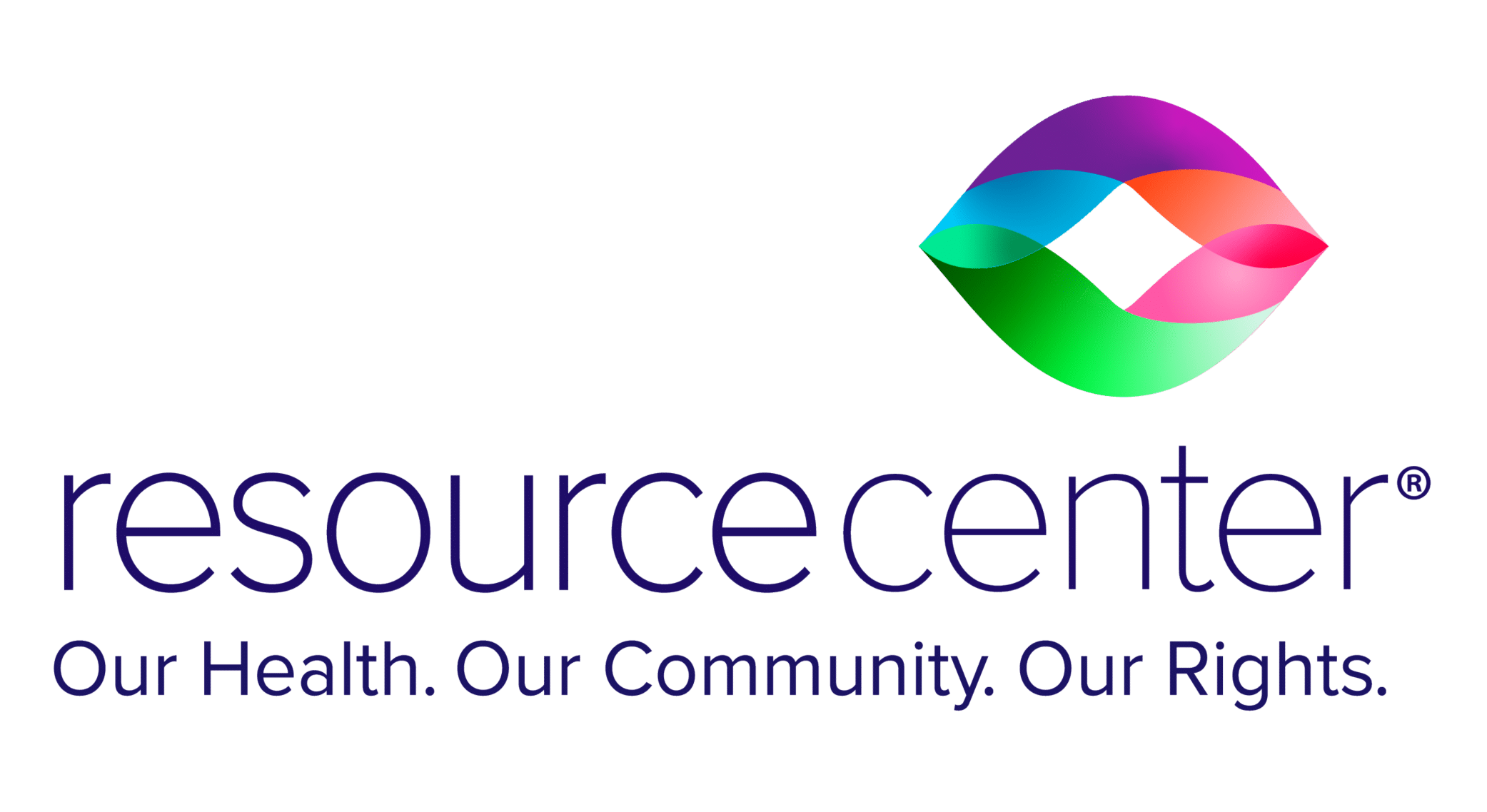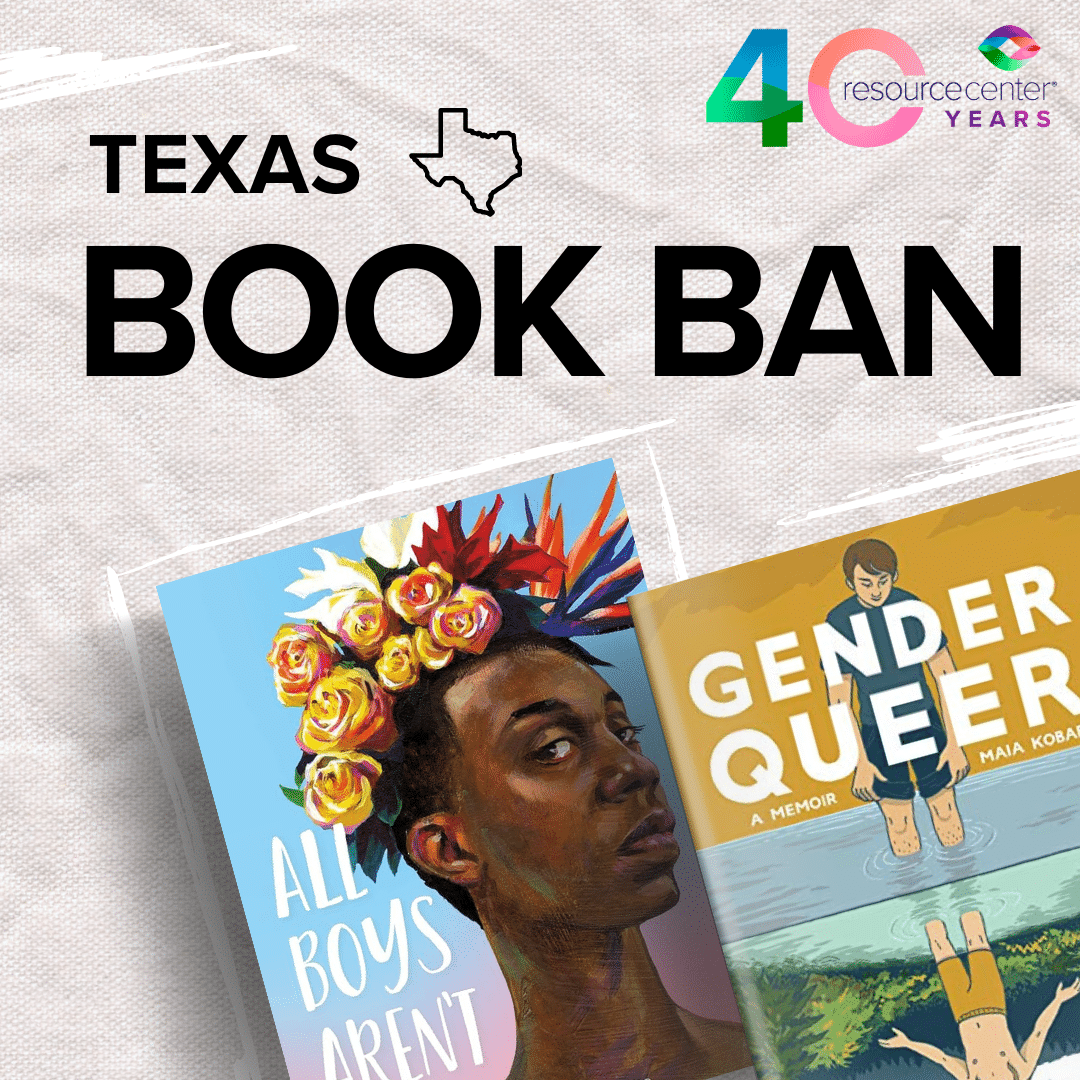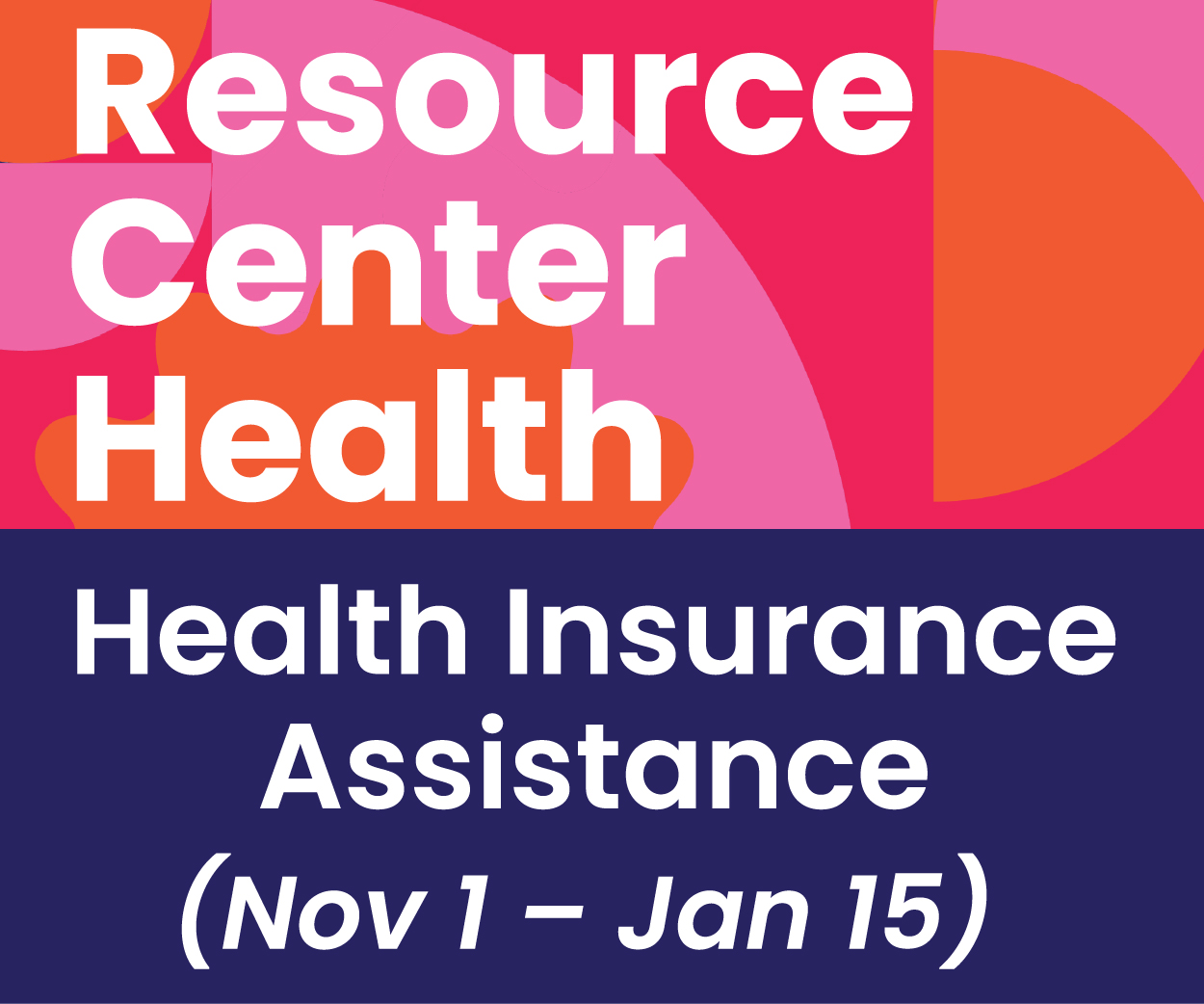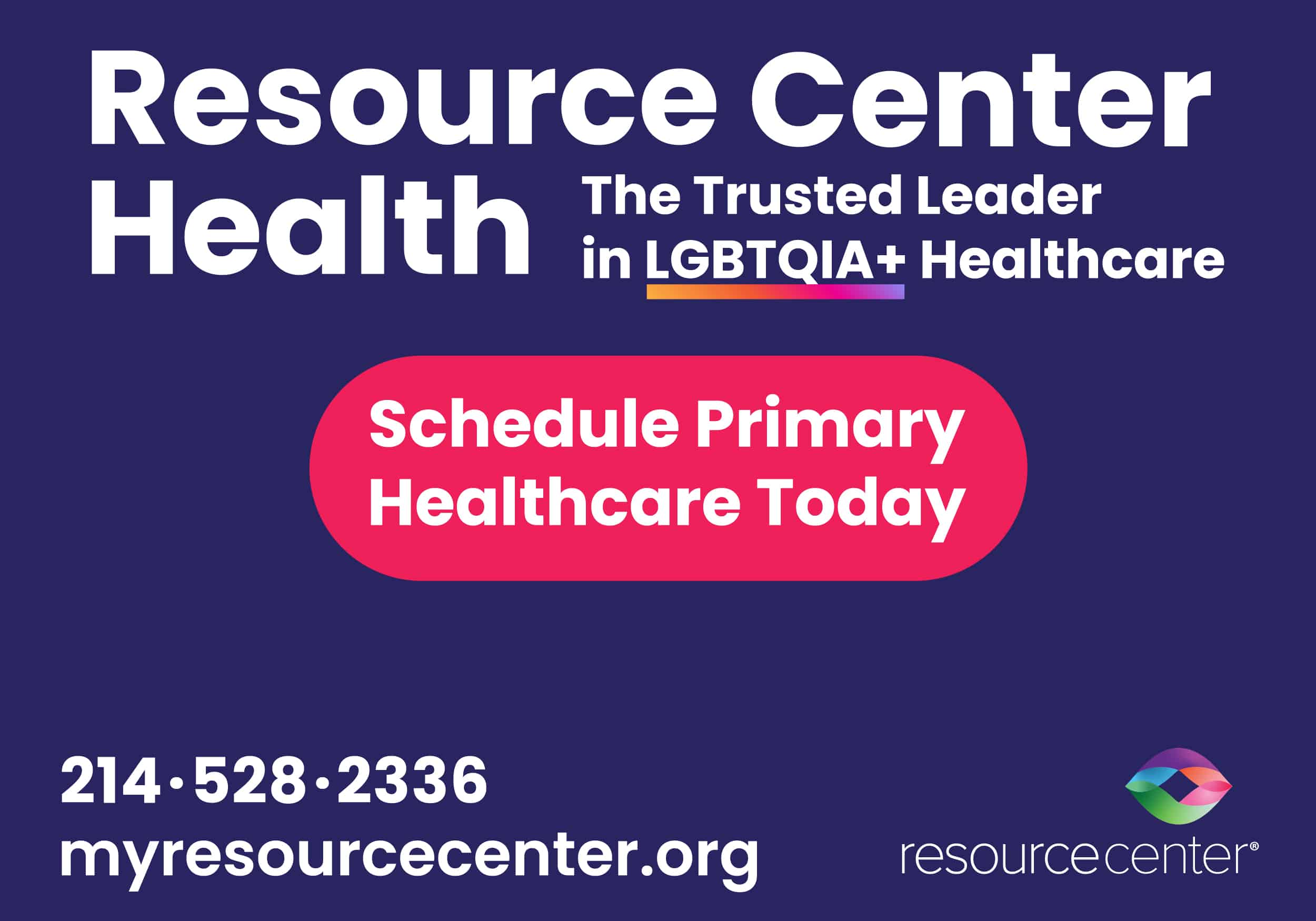Last week, the United States Court of Appeals for the Fifth Circuit ruled that restrictive provisions in HB 900, the Texas “Book Ban” law, are unconstitutional. This means that implementation of the law by the Texas Education Agency is blocked from moving forward. This decision affirms prior court decisions that book bans and other restrictive laws violate the First Amendment. As far back as 1982, the Supreme Court held that “local school boards may not remove books from school library shelves simply because they dislike the ideas contained in those books.”
However, we have heard that some school districts have taken action to remove library books, even though the deadline for districts to review materials was not until 2025. In other states where book bans have taken effect, much of the material that was removed included positive representations of LGBTQIA+ identities. We fear HB 900, even while blocked, will have a chilling effect on representation and access for many Texas students.
Resource Center, along with allies across the state, has warned district superintendents against taking pre-emptive action. With more than 1,200 districts across Texas everyone must be vigilant as the impact of this court ruling is felt.
With legal action still possible, here’s what you need to know about book bans moving forward:
- No materials should be removed based on a character or author’s identity or based on ideas contained within the text. In fact, the Texas State Board of Education enshrined this provision into library collection standards adopted in December. The Board adopted language stating school library collections should “represent the ethnic, religious, and cultural groups of the state and their contribution to Texas, the nation, and the world.”
- Parents DO have the right to decide what their child reads. However, parents should not be making decisions for other families. In many cases it is a small minority of vocal activists that are driving these bans. Parents can make their own decisions about access to materials.
- Reading is foundational in shaping critical thinking skills, exploring new topics and creating empathy. All Texas students, regardless of background, deserve to see themselves reflected at school.
Are you seeing removals in North Texas based on character identity, ideas contained in a book or positive LGBTQIA+ representation? Get involved and contact your district leaders.
For information on crafting letters, op-eds and other advocacy materials, check out these handy toolkits from Children’s Defense Fund and Unite Against Book Bans. You can find out who represents you in your district here. Also, drop us a line to let our advocacy team know at advocacy@myresourcecenter.org







